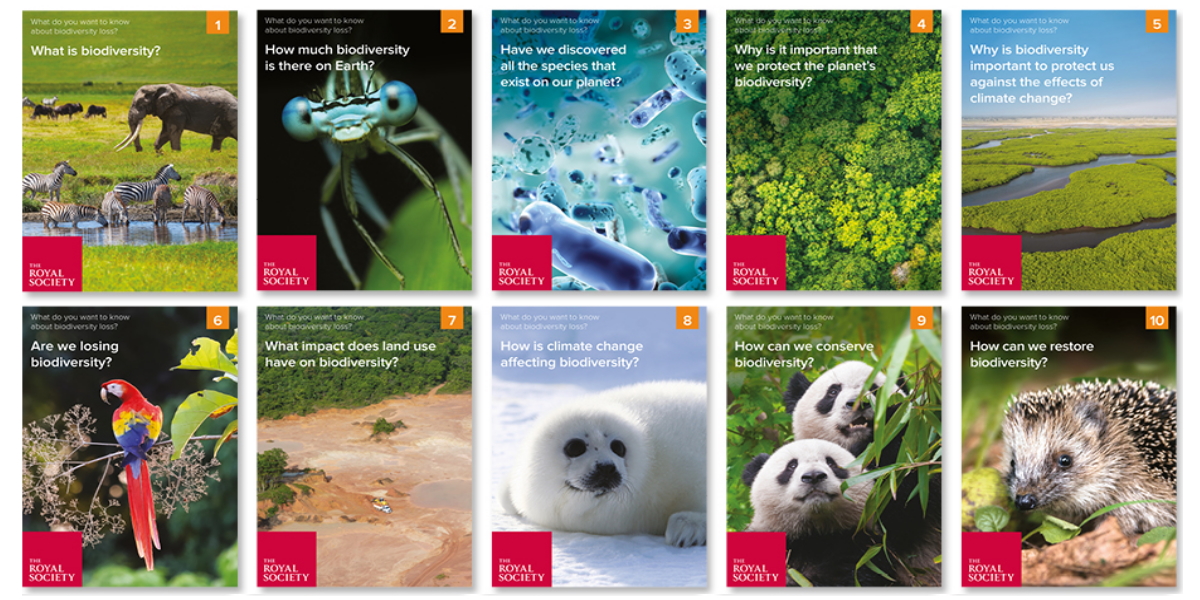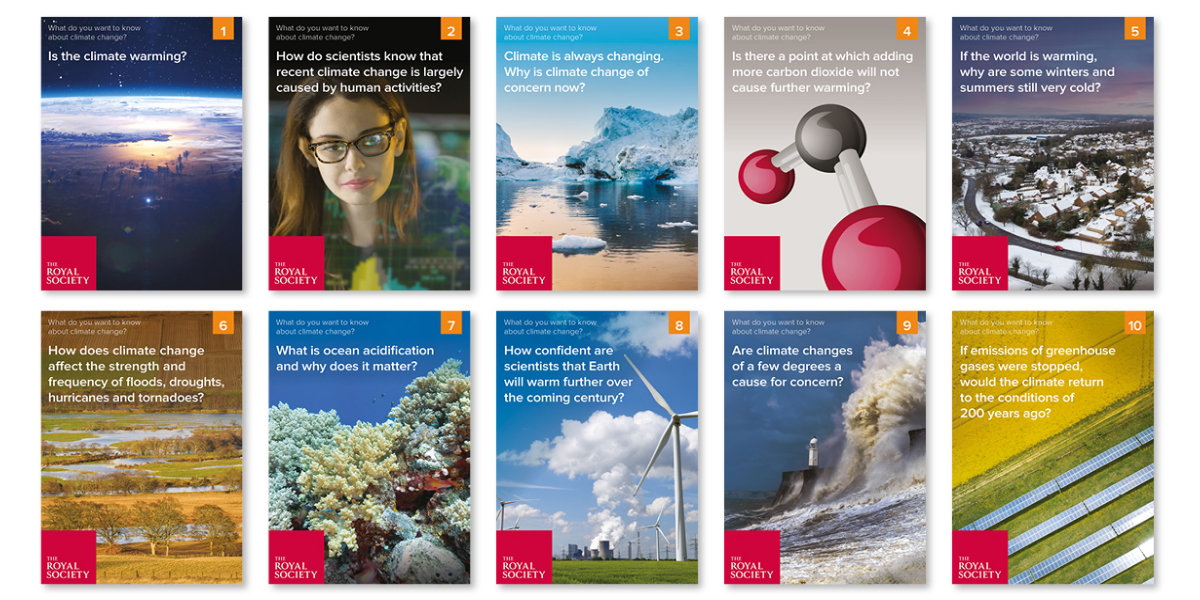Filters
Clear allSubject
Age range
Type
- Activity sheet (1) Apply Activity sheet filter
- Article (48) Apply Article filter
- Assessment (1) Apply Assessment filter
- Image (1) Apply Image filter
- Information sheet (2) Apply Information sheet filter
- Poster (2) Apply Poster filter
- Presentation (2) Apply Presentation filter
- (-) Remove Research filter Research
- Teacher guidance (2) Apply Teacher guidance filter
- Include Physical Resources (0) Apply Include Physical Resources filter
Showing 63 results
A Catalyst article looking at the chemicals that are in plants and trees and the role they play in the life of the plant. Starting with photosynthesis the article moves onto naturally occurring chemicals and explains why plants need fertilisers. Growing salad crops hydroponically is also examined.
This...
A Catalyst article about predators. The article explores some general principles about predator–prey relationships and looks in some detail at the adaptations shown by a predatory insect being used in the control of an insect pest.
This article is from Catalyst: GCSE Science Review 2005, Volume 16, Issue 1...
A Catalyst article about the human gut and the many microbes it hosts, mainly bacteria. Probiotics are live bacterial ingredients or supplements designed to multiply in the colon and have an impact on health. A prebiotic is a carbohydrate that is not digestible by humans. The article examines the role they play,...
A Catalyst article which explores how the nervous system works. Sensitivity, the ability to respond to stimulation, is a product of nervous system activity. How nerve impulses pass around the body, and why these responses are so fast are investigated in the article. Neurones, reflexes, synapses and receptors are...
Produced in 2011 by the Learning Skills Improvement Service, these materials help to demonstrate effective practice. This case study, from Loughborough College, looks at the theme of enrichment and enhancement of STEM. Basic anatomy teaching has all but disappeared from current curricula and thus good anatomical...
This resource is a compilation of reports by the Qualifications and Curriculum Authority (QCA) and Ofqual reviewing standards over time in science subjects at GCSE and A levels.
...
A Catalyst article about the inner surface of lungs, which is coated with surfactant, allowing oxygen to enter the bloodstream. When babies are born very prematurely they can lack this surfactant, and this can make it very difficult for them to breathe. This is called Respiratory Distress Syndrome (RDS). This...
A Catalyst article about the problems of badgers transmitting tuberculosis to cattle, but is a cull of badgers a solution to the problem? When cattle are found to be suffering from tuberculosis, a disease which can be passed onto humans, they are routinely slaughtered. It is known that badgers can transmit the...
This Catalyst article looks at how our knowledge of the human genome has increased greatly during the last 10 years, and genome sequencing techniques have become much faster. On 26th June 2000 it was announced that scientists had completed a first draft of the human genome, the DNA instructions for making a human...
A Catalyst article about deciding right from wrong in biology. Modern science raises many ethical questions. How these questions can be answered either ethically or by coming to a personal decision is discussed. How ethical frameworks can be used to address ethical questions is applied to the case of genetically...
A Catalyst article about Socotra, a small archipelago of four islands in the Indian Ocean off the horn of Africa, belonging to the Republic of Yemen. The islands are becoming famous for their range of animal and plant species and for their use as a natural 'laboratory' where ideas about evolution can be tested. The...
A Catalyst article about one botanist's exploratory expeditions around the world looking for new plant species.
This article is from Catalyst: GCSE Science Review 2004, Volume 15, Issue 2.
Catalyst is a science magazine for students aged...
Produced by the Learning Skills Improvement Service (LSIS), this case study tackles the themes of harnessing technology and curriculum development. It looks at how the biology department of City and Islington College set up, trialled and integrated a Moodle virtual learning environment (VLE).
The approach...

These evidence-based, question and answer style classroom resources can be used to engage students of all ages...

These evidence-based, question and answer style classroom resources can be used to engage students in the climate...
